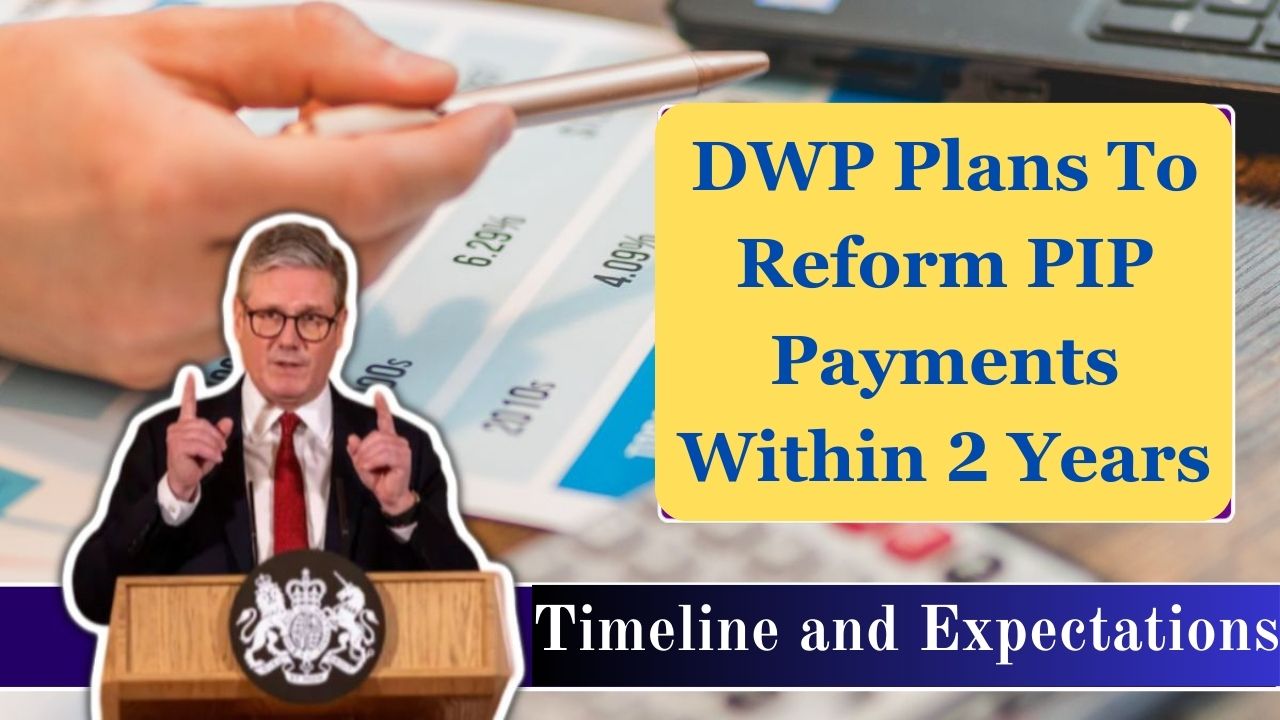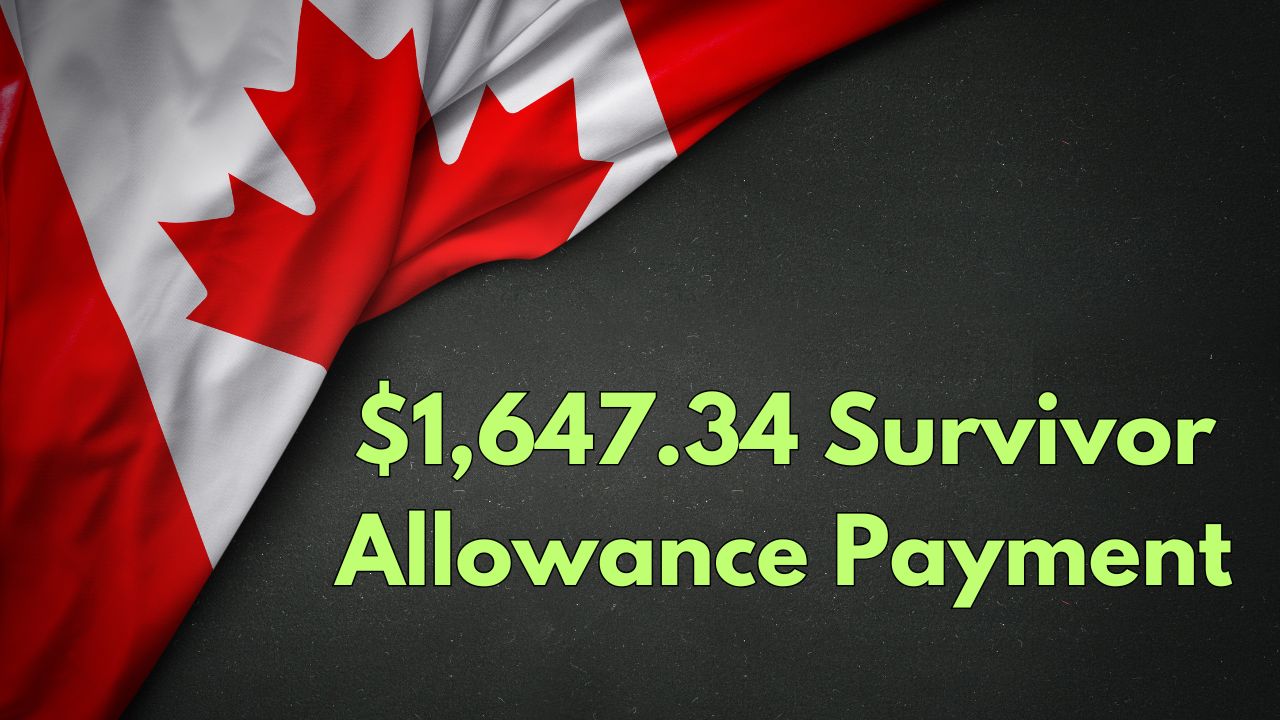The Personal Independence Payment (PIP) is an important financial support program in the UK for people with disabilities. Right now, this crucial benefit is being reviewed for major changes to make it more sustainable. The Department for Work and Pensions (DWP) has proposed to pause most new PIP claims for the next two years. This plan aims to manage the rising costs of the benefit.
One of the suggested changes is to replace cash payments with vouchers for necessary equipment and treatments. These proposals are still being discussed, and the public can share their views. This consultation is part of the “Modernising Support for Independent Living” Green Paper, which ended on July 22, 2024. This issue has raised significant debate and concern among current and future PIP claimants.
It’s important for those who rely on PIP to understand these potential reforms. The changes could greatly affect how people with disabilities receive support and meet their daily needs. As the DWP looks to update the system, it’s vital to consider what these reforms mean for PIP claimants and how they can adapt to these changes.
Current Status of Personal Independence Payment (PIP) in the UK
The Personal Independence Payment (PIP) is an important financial support program in the UK for individuals with long-term disabilities or health conditions. A key feature of PIP is that it is a non-means-tested benefit. This means that eligibility does not depend on income or savings. Instead, it focuses on the person’s health needs and disabilities.
As of April 30, 2024, some interesting statistics about PIP awards have emerged. Around 79% of PIP awards are short-term, lasting up to two years. This indicates that many claimants may see improvements in their health during this period. In comparison, about 12% of awards are longer-term, showing a sustained need for support. Additionally, around 8% of PIP awards are ongoing, meaning these individuals may require assistance for an indefinite time.
PIP assessments are customized to meet the specific needs of each claimant. Awards can range from nine months to ten years based on whether the claimant’s health is likely to improve. This flexible approach helps PIP adapt to the diverse needs of individuals, providing essential financial support to help them maintain their independence and quality of life.
Proposed Reforms for Personal Independence Payment (PIP)
The Department for Work and Pensions (DWP) has proposed several reforms to change how the Personal Independence Payment (PIP) works. These changes aim to manage the rising costs of the benefit while still supporting individuals with disabilities. Here are the main points of the proposed reforms:
Replacing Cash Payments with Vouchers: One major change is to swap cash payments for vouchers for essential equipment and treatments. This plan is meant to help control the increasing costs of PIP. However, many people are concerned that this could limit the flexibility of recipients in managing their finances. With cash payments, individuals can choose how to spend their funds based on their specific needs. Vouchers might restrict these choices.
Ending New PIP Claims: Another significant proposal is to stop most new PIP claims for the next two years. Instead of accepting new claims, the DWP wants to focus on providing necessary equipment and treatments for those with disabilities. This change could streamline support but raises worries about access for future claimants who may need help.
Ongoing Review of Awards: The proposed changes may phase out short-term PIP claims, but longer-term and ongoing awards could still continue, although with new terms. This means individuals who have been receiving support for a long time might still qualify for assistance, but the criteria may change.
These proposed reforms are part of a larger effort to manage costs while still providing essential support to disabled individuals. However, they have raised significant concerns among advocates and recipients. Many fear these changes could affect their ability to cover basic living expenses and maintain a good quality of life. As discussions continue, it’s important to consider both the goals of these reforms and their potential effects on vulnerable individuals.

Labour’s Strong Stance Against PIP Reforms
The Labour Government, led by Sir Keir Starmer, has strongly opposed the proposed changes to the Personal Independence Payment (PIP). Their position shows a commitment to advocating for the rights and needs of disabled individuals in the UK.
In its manifesto, the Labour Party outlines plans to help more disabled people and those with health conditions find and keep jobs. A key part of this strategy is to ensure that individuals will not face immediate reassessments if they have difficulty maintaining their jobs. This aims to provide a safety net for those managing disabilities while navigating the challenges of work.
While Labour promises to protect the benefits for disabled individuals, they have not yet clarified specific plans for PIP reforms. However, the party has clearly stated its opposition to the proposal of replacing cash payments with vouchers. Instead, Labour supports a system that allows recipients to have greater control over their finances. This view emphasizes the need for individuals to choose how to allocate their funds based on their circumstances and needs.
Overall, the Labour Government’s response shows a commitment to supporting disabled individuals and promoting their independence. They are pushing back against reforms that could limit financial freedom. As discussions continue, it will be crucial to see how these promises turn into real actions and policies.
How Personal Independence Payment (PIP) Currently Works?
The Personal Independence Payment (PIP) is designed to give financial help to individuals who find it hard to do daily activities due to long-term health conditions or disabilities. The support from PIP is based on how these conditions affect a person’s daily life and mobility. PIP has two main components:
Daily Living Component: This part helps individuals with everyday tasks that many people take for granted. It provides support for activities like eating, dressing, and taking medications. For example, someone who has trouble preparing meals or needs help with personal hygiene can benefit from this component, as it addresses their specific daily living needs.
Mobility Component: This component focuses on physical movement and the ability to get around. It helps individuals who may struggle with walking or need help planning and following routes. This support is essential for those who want to stay independent and connect with their communities.
Each component can be paid at either a standard or enhanced rate, depending on the level of need. Weekly PIP payments range from £28.70 to £185.30. This allows for a personalized approach to meet the different needs of individuals. Those who require more support receive a higher level of financial assistance.
Overall, PIP plays an important role in helping individuals manage their daily challenges and improve their quality of life by providing the financial resources needed to support their independence and well-being.





